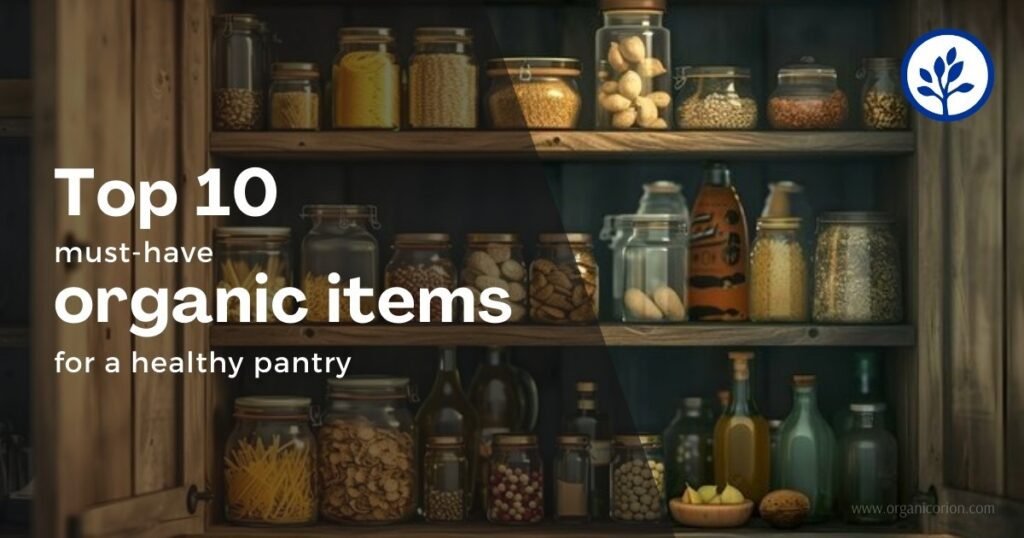The most effective method for losing weight involves maintaining a balanced, healthy diet that suits your preferences and needs. It's essential to stick with this diet consistently. A good diet should offer a variety of foods, ensuring you get the necessary nutrients. To make healthier food choices, consider a few basic principles. First, focus on eating plenty of fruits, vegetables, whole grains, and lean proteins. These foods are rich in vitamins, minerals, and fiber, which promote overall health and satiety. Second, limit your intake of processed foods, sugary snacks, and high-fat foods. These items tend to be high in calories and low in nutritional value. Finally, remember to drink plenty of water and moderate your portion sizes to avoid overeating. By following these guidelines, you can create a sustainable and effective weight loss plan tailored to your individual needs.
1. Focus on whole foods:
Eating plenty of fruits, veggies, lean meats such as chicken or fish, whole grains like brown rice or oats, and healthy fats like avocados or nuts is important for your health. These foods are packed with vitamins, minerals, and other nutrients that your body needs to function well. Plus, they're delicious! Fruits and veggies provide fiber to keep your digestion smooth, lean meats give you protein for strong muscles, whole grains offer energy to keep you going, and healthy fats support your heart and brain health. By filling your plate with these nutritious foods, you'll feel great and have the energy you need to tackle your day.
2. Control portion sizes:
It's important to keep an eye on how much you eat, even if it's good for you. Using smaller plates, measuring your food portions, and listening to your body's hunger and fullness signals can help. When you serve yourself on smaller plates, it tricks your brain into thinking you have more food, which can help you eat less without feeling deprived. Measuring your portions ensures you're not eating too much without realizing it. Also, pay attention to your body - eat when you're hungry and stop when you feel comfortably full. This mindful eating approach helps you maintain a healthy balance and avoid overeating, even when enjoying nutritious foods.
3. Stay hydrated:
It's important to drink plenty of water every day. Sometimes, when you feel hungry, your body might actually be telling you it needs water instead. So, try drinking water first when you feel hungry. It might help you feel satisfied without eating unnecessary snacks. Also, be careful with sugary drinks and too much alcohol. They can give you lots of extra calories that your body doesn't really need. Stick to water as your main drink to stay hydrated and healthy.
4. Limit processed foods and added sugars:
Processed foods often contain unhealthy fats, lots of sugars, and extra things added to make them last longer or taste better. Eating too many of these foods can lead to weight gain because they often have lots of calories but not many nutrients that your body needs. Examples of processed foods include sugary snacks like cookies and chips, sweetened beverages like sodas, and pre-packaged meals like frozen dinners. These foods might be convenient, but they're not so good for your health if you eat them too often. To stay healthy and maintain a good weight, it's a good idea to try to eat less of these processed foods and choose more natural, whole foods like fruits, vegetables, lean proteins, and whole grains instead.
5. Incorporate regular physical activity:
Eating nutritious food and staying active are key to losing weight and improving your overall health. When you eat healthy foods like fruits, vegetables, whole grains, and lean proteins, your body gets the right nutrients it needs to function well. Pairing this with regular physical activity helps burn calories and build strength. Moving your body regularly can include activities like walking, jogging, swimming, or playing sports. This combination of a balanced diet and exercise not only helps with weight loss but also reduces the risk of chronic diseases like heart disease, diabetes, and certain cancers. Additionally, it boosts your mood, increases energy levels, and promotes better sleep. So, make healthy choices and move your body to feel your best inside and out.
6. Practice mindful eating:
Think about what you eat and how you eat. Take your time with your meals, chewing slowly and savoring each bite. Listen to your body's signals eat when you're hungry and stop when you're full. It gives your body time to recognize when it's had enough, reducing the risk of feeling uncomfortably full. Pay attention to the taste, texture, and aroma of your food to fully appreciate it. Avoid distractions like watching TV or scrolling through your phone while eating, as they can make you eat more than you need without realizing it. By being mindful of your food choices and eating habits, you can develop a healthier relationship with food and better manage your weight.
Four common weight-loss tactics:
1. Balanced diet:
- Eat a variety of nutrient-rich foods (such as fruits, vegetables, lean proteins, whole grains, and healthy fats).
- Portion control and mindful eating can help avoid eating too many calories and overeating.
2. Regular Exercise:
- Incorporate cardiovascular (such as walking, jogging, cycling) and strength (such as weight lifting or bodyweight) exercises into daily life.
- Aim for at least 150 minutes of moderate-intensity aerobic activity or 75 minutes of vigorous-intensity activity to strengthen muscles two or more days a week.
3. Water Management:
- Support associated housing and entrepreneurial enterprises to provide adequate amount of water throughout the day.
- Avoid glucose-rich drinks and high-calorie drinks with water, plant tea or these fused waters.
4. Continuous Sleeping Pattern:
– Aim to get 7 to 9 hours of sleep each night, ensuring adequate and quality sleep each night.
- Poor sleep and hunger can affect hormones, increase cravings for high-quality foods and affect enrollment, which can lead to weight loss.
Here are the top 5 weight-loss foods or grocery items:
1.Leafy greens:
Spinach, kale, Swiss chard and collard greens contain more fiber, vitamins and minerals and less calories.
-They make filling low-calorie meals and are good for salads, soups, smoothies or stir-fries.
2. Lean proteins:
Lean protein sources that build and maintain muscle while aiding weight loss include chicken breast, turkey, fish, tofu, legumes and low-fat dairy products.
Protein-rich foods help you feel full and satisfied, reducing your desire to overeat.
3. Whole Grains:
Jay, quinoa, brown rice, barley and whole grains make people happy and improve digestion.
-Choosing whole grains over refined grains can help control blood sugar and conserve energy, which can aid weight balance efforts.
4. Fruits and ground:
Jammin, vitamins Fruits, apples and vitamins contain less calories and more vitamins, vitamins and cholesterol.
- They can bring down the mafia or Majid Baker.
5. Fruits and Seeds:
Nuts and seeds like almonds, walnuts, chia seeds and flaxseeds are rich in healthy fats, protein and fiber.
- Despite being rich in calories, they can increase appetite and keep you from eating less. Enjoy them in salad, yogurt or breakfast.
Top 4 Indian Brands Offering Certified Weight-Loss Foods or Grocery Items:

2. Orgaq Apple Cider Vinegar (500 Ml)

1.Truefarm Organics Chia Seeds 250 gm

3. Apple Cider Vinegar (500 ml) – | Singh Apple Orchards |

4. Praakritik Organic Black Rice 500 gm
Rich in dietary fiber, which aids Digestion, promotes gut health, and assists in Regulating Cholesterol levels.











